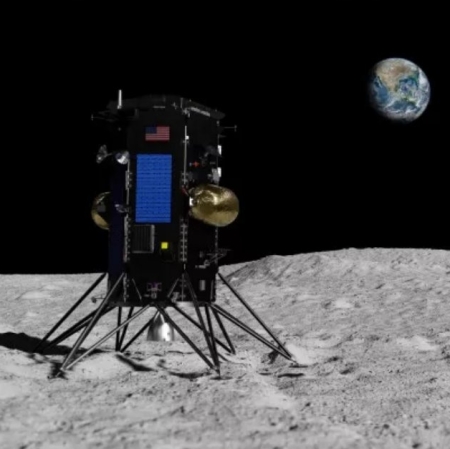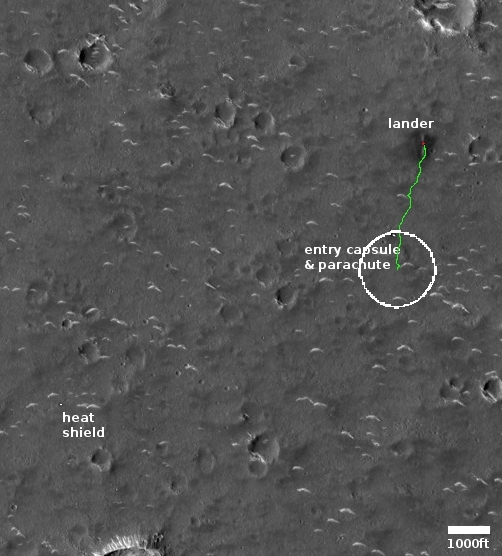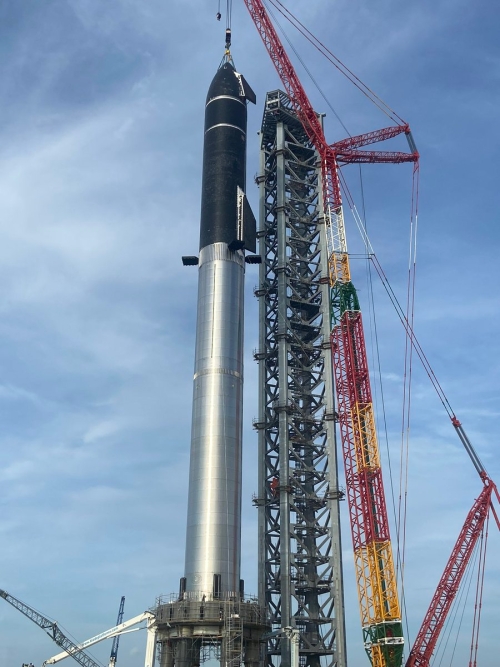OSIRIS-REx scientists refine Bennu’s future Earth impact possibilities
Using the orbital and gravity data compiled during OSIRIS-REx’s visit to the asteroid Bennu, scientists have refined its future orbits as well as the most likely moments it might impact the Earth.
In 2135, asteroid Bennu will make a close approach with Earth. Although the near-Earth object will not pose a danger to our planet at that time, scientists must understand Bennu’s exact trajectory during that encounter in order to predict how Earth’s gravity will alter the asteroid’s path around the Sun – and affect the hazard of Earth impact.
Using NASA’s Deep Space Network and state-of-the-art computer models, scientists were able to significantly shrink uncertainties in Bennu’s orbit, determining its total impact probability through the year 2300 is about 1 in 1,750 (or 0.057%). The researchers were also able to identify Sept. 24, 2182, as the most significant single date in terms of a potential impact, with an impact probability of 1 in 2,700 (or about 0.037%).
Although the chances of it hitting Earth are very low, Bennu remains one of the two most hazardous known asteroids in our solar system, along with another asteroid called 1950 DA.
This paper’s conclusions are confirming what had been found earlier in the mission, while OSIRIS-REx was still flying in formation with the asteroid. Nonetheless, it is essential to refine these numbers as precisely as possible, so this confirmation is excellent news.
Using the orbital and gravity data compiled during OSIRIS-REx’s visit to the asteroid Bennu, scientists have refined its future orbits as well as the most likely moments it might impact the Earth.
In 2135, asteroid Bennu will make a close approach with Earth. Although the near-Earth object will not pose a danger to our planet at that time, scientists must understand Bennu’s exact trajectory during that encounter in order to predict how Earth’s gravity will alter the asteroid’s path around the Sun – and affect the hazard of Earth impact.
Using NASA’s Deep Space Network and state-of-the-art computer models, scientists were able to significantly shrink uncertainties in Bennu’s orbit, determining its total impact probability through the year 2300 is about 1 in 1,750 (or 0.057%). The researchers were also able to identify Sept. 24, 2182, as the most significant single date in terms of a potential impact, with an impact probability of 1 in 2,700 (or about 0.037%).
Although the chances of it hitting Earth are very low, Bennu remains one of the two most hazardous known asteroids in our solar system, along with another asteroid called 1950 DA.
This paper’s conclusions are confirming what had been found earlier in the mission, while OSIRIS-REx was still flying in formation with the asteroid. Nonetheless, it is essential to refine these numbers as precisely as possible, so this confirmation is excellent news.











